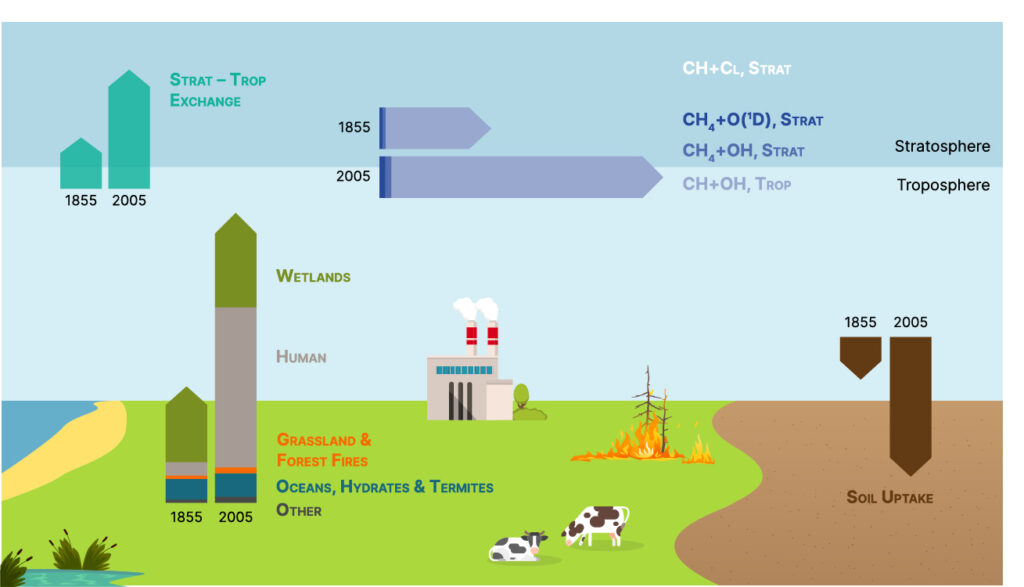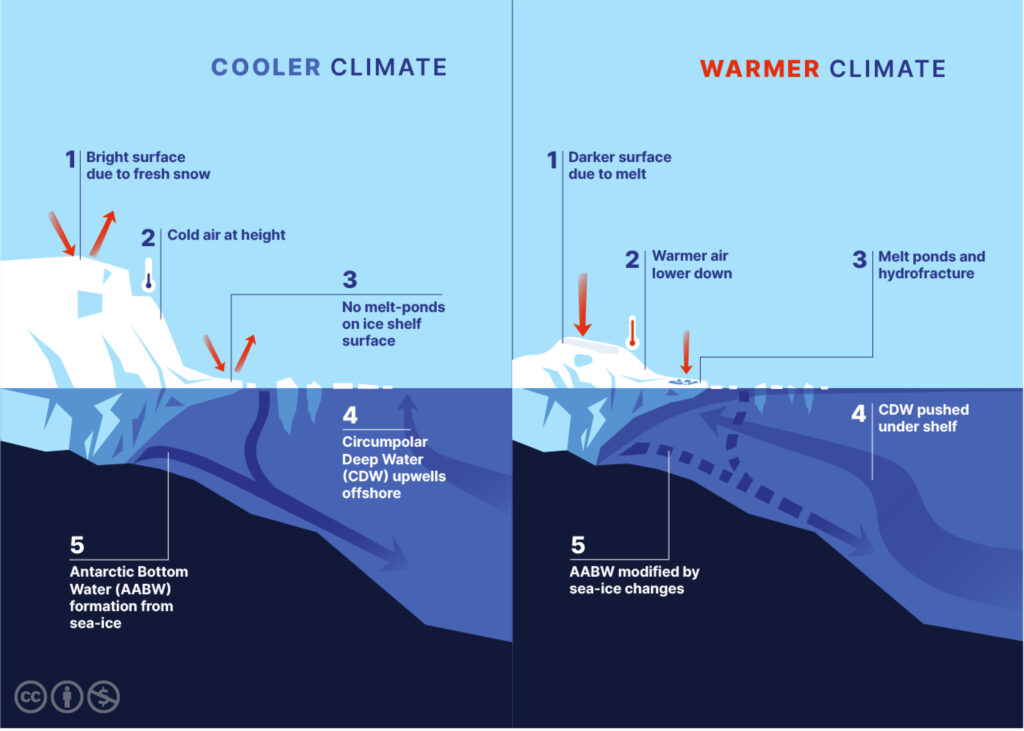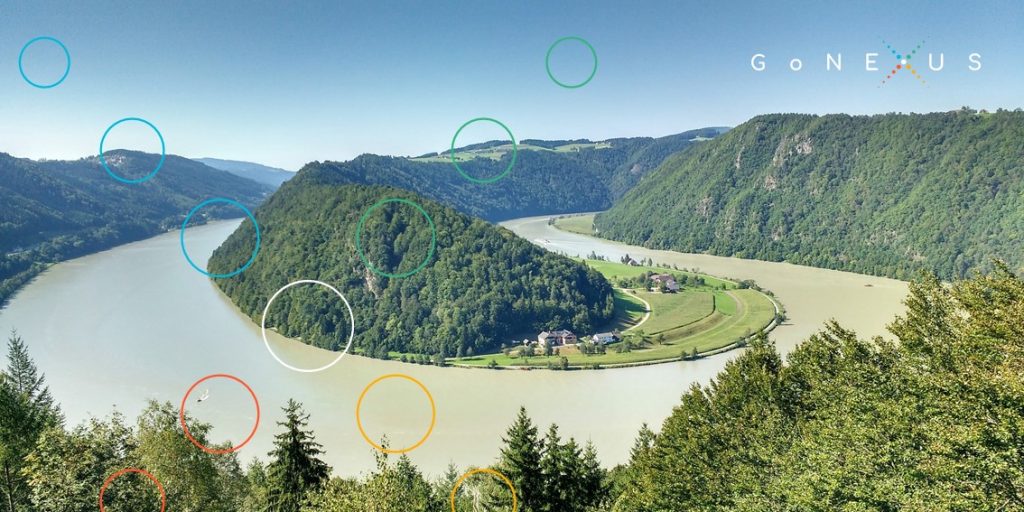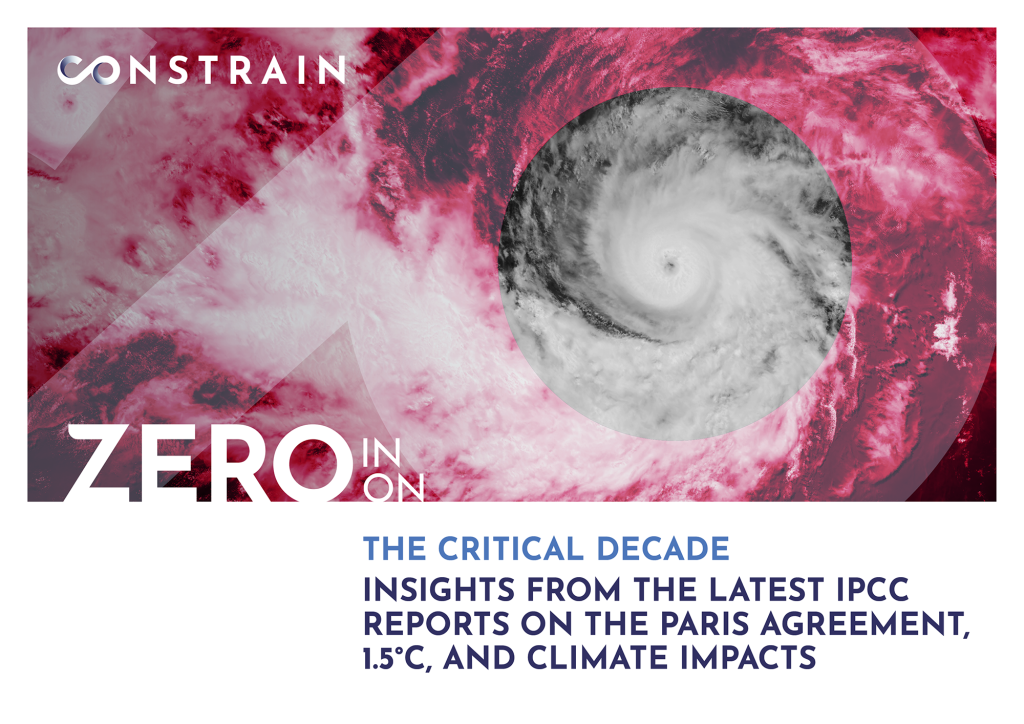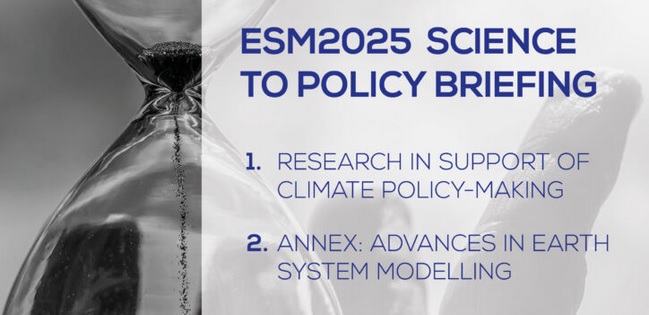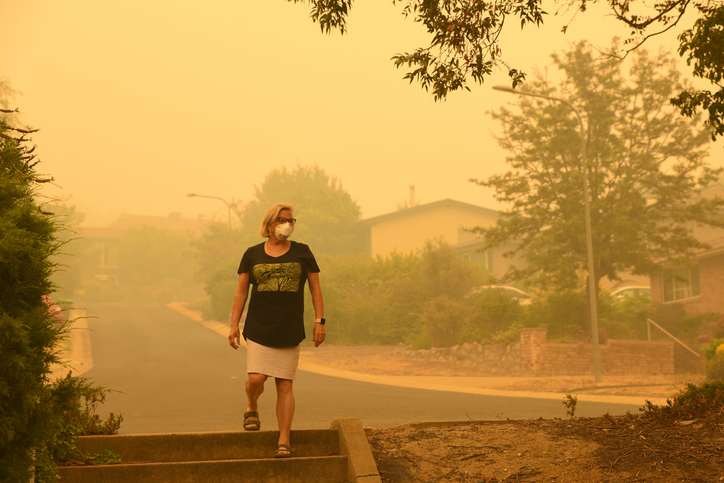Air pollution is a growing concern that continues to strongly affects cities worldwide, posing significant threats to both human health and the environment. Nature based solutions is an innovative approach that harness the power of nature and its inherent ability to filter, absorb and mitigate pollutants. In the frame of the Upsurge project, different NBS are being implemented to study their benefits with a focus on air quality and climate remediation.
Climate action
The first fully-coupled methane emission driven Earth system model capable of simulating the impact of anthropgenic forcing on natural environments, as well as the impact of methane emissions and mitigation strategies on air quality.
This article gives an overview of the recent advances on the interactive modelling of ice sheet dynamics in Earth System Models, and the implications for reducing the uncertainty of sea-level rise projections, especially when considering multi-centennial timescales of changes or low-likelihood high-impact scenarios.
The understanding of nature-based negative emission solutions often focuses on their mitigation potential, thus as means for reaching carbon neutrality by 2050. However, this is only one small part of the whole picture; these techniques represent a more sustainable model that brings many environmental benefits in the long term.
In this article, we provide an overview of current understanding of the land-to-ocean carbon fluxes. We describe the new conceptual model of the land-to-ocean aquatic continuum (proposed by Regnier et al, 2022, Nature), as well as ongoing work to include this new knowledge in Earth System Models.
In a time of increasing demand for the earth’s limited resources, the GoNEXUS project develops solutions for more efficient and sustainable resource management. It does so through a holistic approach to how the resources interplay rather than by examining each one of them individually.
Using Organigraphs to Map Disaster Risk Management Governance in the Field of Cultural Heritage.
Louis J. Durrant, Atish N. Vadher, Mirza Sarač, Duygu Başoğlu and Jacques Teller
The latest ZERO IN report from the CONSTRAIN project dives into the science set out in the recent Intergovernmental Panel on Climate Change assessments. It investigates what our climate future could look like by 2050, depending on whether we take action in line with the Paris Agreement, or decide to follow current national policies and plans which still largely lack the action and ambition needed to stop global warming.
This briefing explores the questions raised during the first ESM2025 policy forum and details the contribution of ESM2025 to various policy-relevant topics.
New study on the impacts of wildfire emissions on fine particle air pollution in the western US until the end of the 21st century, under different climate change scenarios.
This work highlights the fact that when committing to a particular level of future warming, we are also committing to a particular level of fine particle air pollution. This has to be taken into account when considering mitigation and adaptation strategies.

